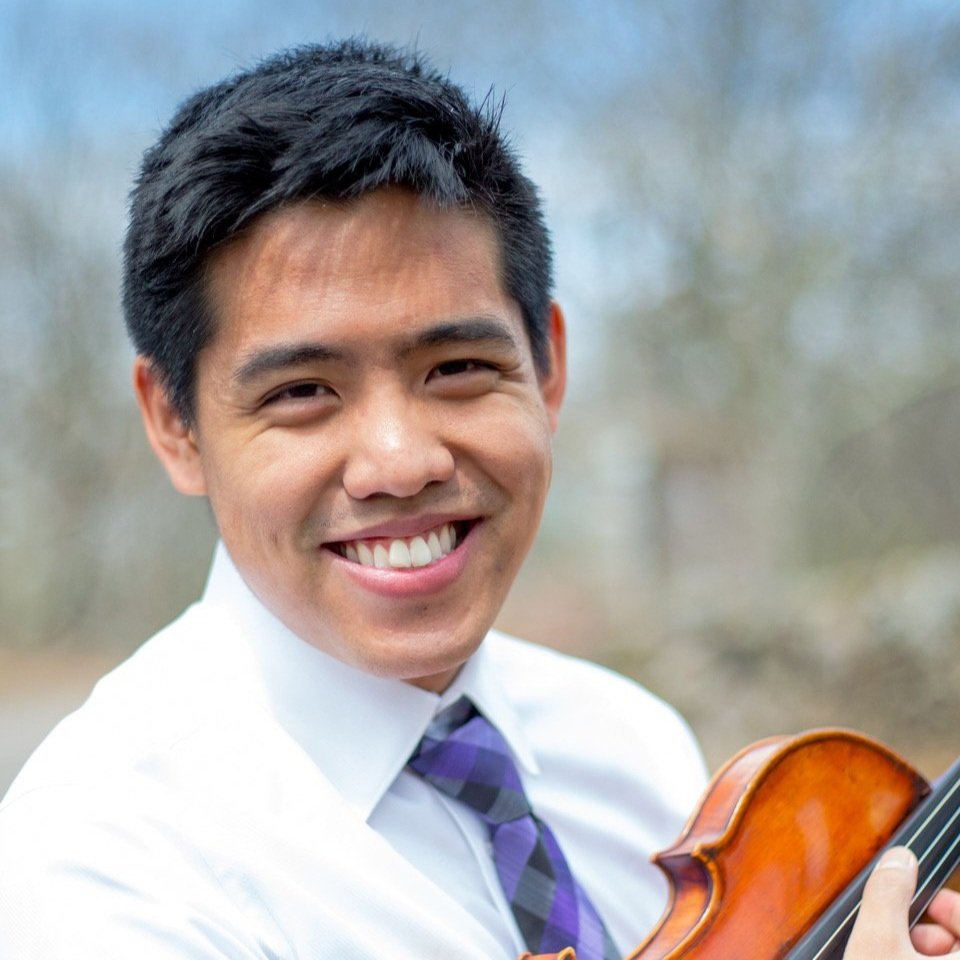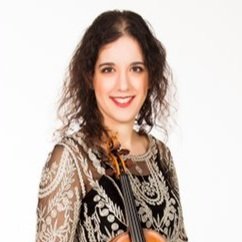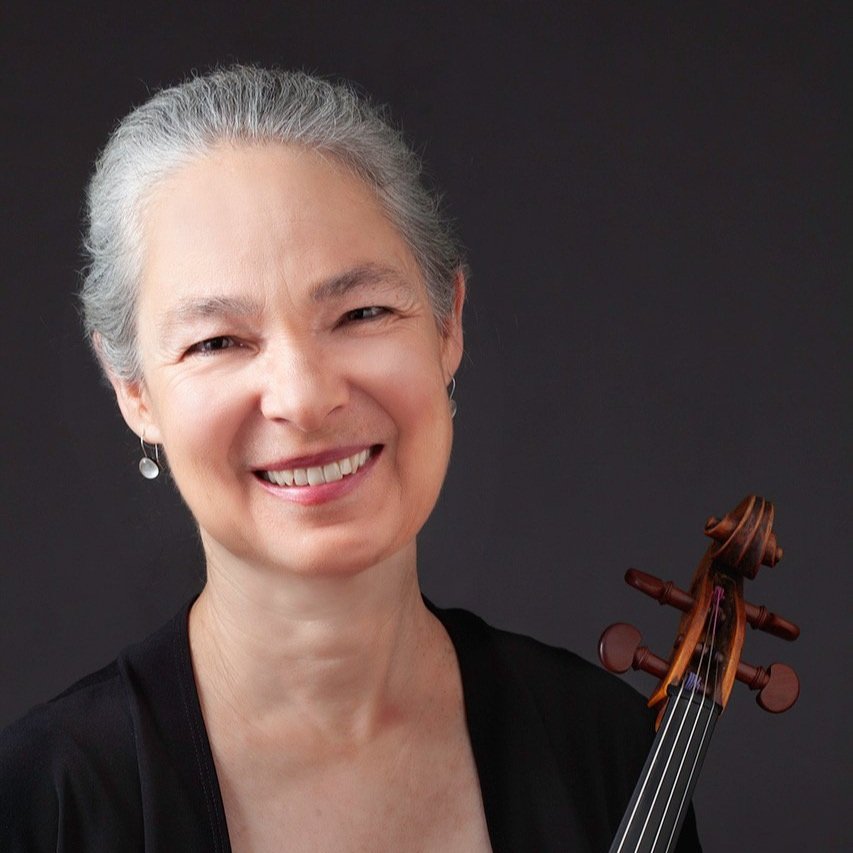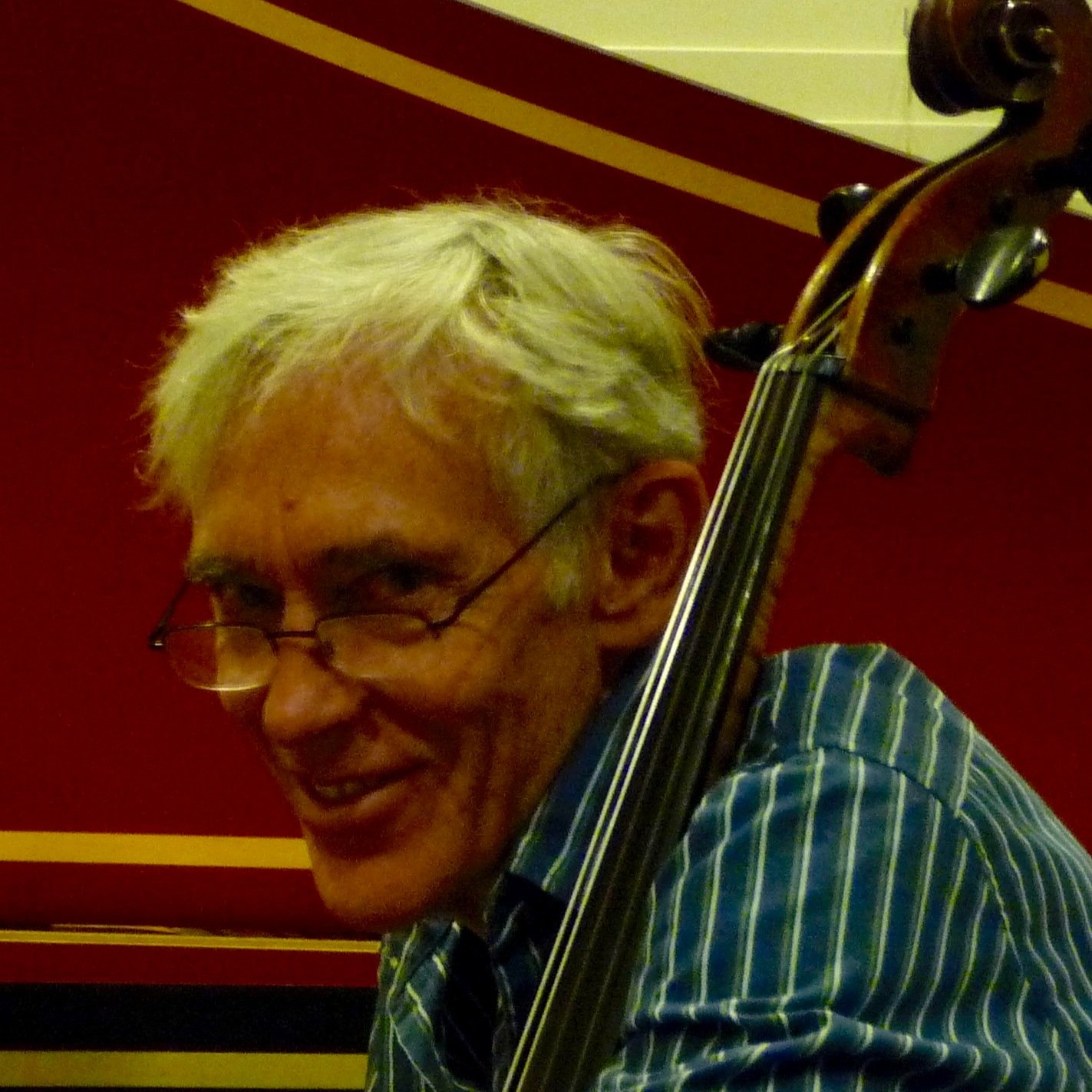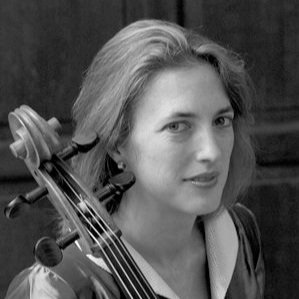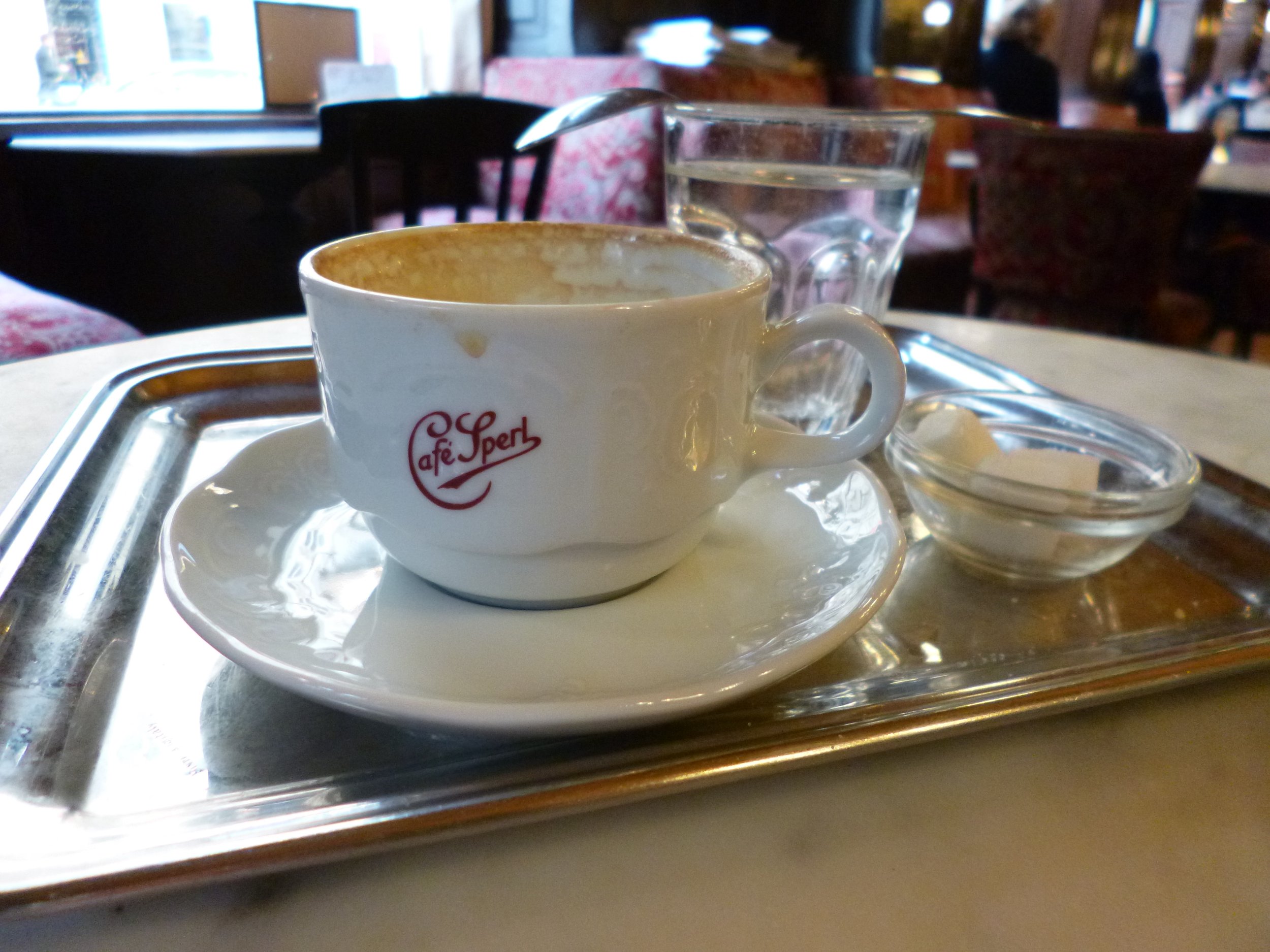Welcome to our November Newsletter!
The long nights are drawing in, Jack Frost will be nipping at our toes any day now, so why not cozy up with Sarasa for the opening program of our 25th Anniversary year, Tendrils of the Soul, showcasing some of the most revered chamber music ever written: the highly spiritual “Cavatina” from Beethoven's late String Quartet No. 13, Op. 130, Haydn’s simultaneously boisterous and florid String Quartet in C major, Op. 54 No. 2, and Schubert’s magisterial String Quintet in C major, performed by the wonderful team of Zenas Hsu, Amy Galluzzo, violins, Marka Gustavsson, viola, Timothy Merton & Jennifer Morsches, cellos!
For those of you who cannot attend, this program will stream on our website starting Thursday, November 30th at 7:30pm.
Friday, November 17, 2023 at 7pm at Brattleboro Music Center, Brattleboro VT (tickets at bmcvt.org)
Saturday, November 18, 2023 at 7:30pm at Follen Community Church, Lexington
Sunday, November 19, 2023 at 7pm at Friends Meeting House, Cambridge
With Zenas Hsu, Amy Galluzzo, violins; Marka Gustavsson, viola; Timothy Merton, Jennifer Morsches, cellos
Food for thought
Who were some of the musicians behind the geniuses of the First Viennese School?
Ignaz Schuppanzigh (1776-1830)
The violinist Ignaz Schuppanzigh cast a huge figure in Beethoven and Schubert’s day; his eponymous quartet championed the works of Beethoven, premiering the Op. 18 at Prince Lichnowsky’s apartments in Vienna. (Here too, Haydn and Mozart played chamber music at the generous patron’s request.) He was a trusted friend of Beethoven, who took violin lessons with him in 1794. The Schuppanzigh Quartet also premiered Beethoven’s Middle Period quartets: Op. 59 Nos.1-3 (“Razumovsky”), Op. 74 and Op. 95. After a hiatus of almost ten years when he sojourned to St. Petersburg, Poland, and Prussia promoting Beethoven’s music, the violinist returned to Vienna in 1823. His newly formed quartet premiered Beethoven’s late string quartets, Op. 127, Op. 130, Op. 132, and Op. 135. Ignaz Schuppanzigh was also the dedicatee of Schubert’s “Rosamunde” Quartet in A minor, composed in 1824.
Karl Holz (1798-1858)
Karl Holz, who formed a close friendship with Beethoven, became both his personal assistant and confidante in the last years of the composer's life. When Schuppanzigh returned to Vienna in 1823 to resurrect his string quartet, Karl Holz was chosen as the second violinist. Beethoven, who loved a good pun, made the most of his friend’s last name (Holz translates into English as “wood”), and wrote two jocular canons WoO 197 and WoO 198 for him. On a more serious note, after the premier of the Op. 130 string quartet in March 1826, Holz reported that the Cavatina "cost the composer tears in the writing and brought out the confession that nothing he had written had so moved him; in fact merely to revive it afterwards in his thoughts and feelings brought forth renewed tributes of tears."
Coffee Corner
Vienna is a city that boasts a formidable music tradition, with groundbreaking methods in composition produced by the likes of Haydn, Mozart, Beethoven, Schubert, Schönberg, Webern and Berg during the periods of the First and Second Viennese Schools. Vienna also holds a special identity with confections and the coffeehouse, where cards are played, newspapers are read, and all matters of arts and politics are discussed to this day. During Beethoven’s first months in Vienna, in late 1792, he kept a notebook of itemized expenses, including coffee and chocolate treats shared with his teacher, Haydn: “22x, chocolate for Haidn and me…Coffee, 6x for Haidn and me."
Much later, perhaps as an answer to Tchaikowsky’s ballet The Nutcracker, the Viennese native Richard Strauss wrote an opera called Schlagobers (“Whipped Cream”) in 1924, where children visiting a Konditorei (Viennese pastry shop) witness the marzipan and chocolate sweets magically coming to life. This delightful treat was brought back to the stage in America in 2016 in California by the American Ballet Theater.
Sketch for set & costume design of “Whipped Cream,” by Mark Ryden/ABT
Listening Corner
It is hard to fathom how many musical ideas flowed from Franz Schubert’s pen during a life cut tragically short at the age of 31. In his last year alone, Schubert composed a multitude of epic works, including his last three piano sonatas, the song cycle Die Winterreise, his Schwanegesang song cycle based on poetry by Heinrich Heine and Ludwig Reilstab, his Fantasia for four-hand piano, the “Great” C major Symphony, his two sublime piano trios in B-flat and E-flat major, and of course, the gem we will be exploring on our November concert-set, Schubert’s String Quintet in C major, D. 956. With its uncanny ability to mesmerise us, hold us captive with stunning instrumental textures, gorgeous melodies and also fierce moments of despair and doubt, the cello quintet remains a pinnacle of the chamber music canon. Close on its heels, Schubert composed the song Die Taubenpost, or Pigeon Post, D. 956A, which gives us yet another perspective on the genius at work. It turns out to be the last song he ever wrote, but does not necessarily foreshadow an early death. It’s a tender reminder of a young romantic spirit, of unrequited love, where the faithful pigeon who delivers messages to the poet's beloved is named “Longing.”
“Pigeon post,” Die Taubenpost, D. 956A (Text by Johann Gabriel Seidl; Set to music by Franz Schubert, 1828)
Miklós Barabás, Galambposta / Pigeon Post 1843
I have a carrier pigeon working for me,
Which is totally devoted and faithful,
It never comes short of the destination for me
Nor does it ever fly beyond it.
I send it many thousands of times
A day, off on reconnaissance missions,"
Past many a dear spot
Until it comes to my beloved’s house.
There it looks through the window secretly
Observing her glances and listening to her steps,
It jokingly passes on my greetings
And brings hers back with it.
I no longer need to write any notes,
I just give it my tears themselves:
Oh it will definitely not lose those,
So eagerly does it serve me.
During the day, at night, awake, dreaming,
It does not matter:
So long as it is travelling, that it is able to travel,
Then it has riches aplenty!
It does not become tired, it does not become faint,
The route is always new to it;
It does not need bribes, it does not need wages,
That pigeon is so faithful to me!
In return I therefore cherish it faithfully at my breast,
Assuring it of the finest reward
It is called – longing! Do you know it?
The messenger of the most faithful devotion.
(trans. by Malcolm Wren; schubertsong.uk)
